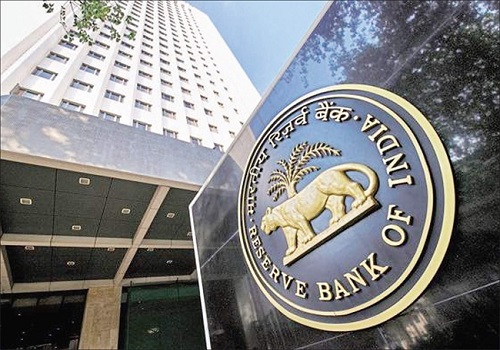Eating only during daytime may prevent heart problems due to night shift

While shift work is a known risk factor for cardiovascular events, a new study on Tuesday showed that eating only during the daytime may prevent the risks.
Sleep timing has been a major area of focus, but researchers from Mass General Brigham, US, and the University of Southampton, UK, stated that food timing could be a bigger risk factor when it comes to cardiovascular health.
Previous studies have shown that working the night shift is associated with serious health risks, including to the heart, due to circadian misalignment -- the mistiming of our behavioural cycle relative to our internal body clock.
The researchers found that cardiovascular risk factors including autonomic nervous system markers, plasminogen activator inhibitor-1 (which increases the risk of blood clots), and blood pressure increased after night work.
However, the risk factors stayed the same in the participants who only ate during the daytime.
“Avoiding or limiting eating during nighttime hours may benefit night workers, those who experience insomnia or sleep-wake disorders, individuals with variable sleep/wake cycles, and people who travel frequently across time zones,” said the team, in the paper, published in the journal Nature Communications.
The study included 20 healthy young participants. For two weeks they had no access to windows, watches, or electronics that would clue their body clocks into the time.
The participants followed a "constant routine protocol," a controlled laboratory setup that can tease apart the effects of circadian rhythms from those of the environment and behaviours (for example, sleep/wake, light/dark patterns).
During this protocol, the participants stayed awake for 32 hours in a dimly lit environment, maintaining constant body posture and eating identical snacks every hour.
After that, they participated in simulated night work and were assigned to either eat during the nighttime (as most night workers do) or only during the daytime.
Importantly, both groups had an identical schedule of naps, and, thus, any differences between the groups were not due to differences in sleep schedule.
"Our study controlled for every factor that you could imagine that could affect the results, so we can say that it's the food timing effect that is driving these changes in the cardiovascular risk factors," said lead author Sarah Chellappa, an associate professor at the University of Southampton.
While further research is necessary to show the long-term health effects of daytime versus nighttime eating, the team said the results are "promising" and suggest that people could improve their health by adjusting food timing.
























